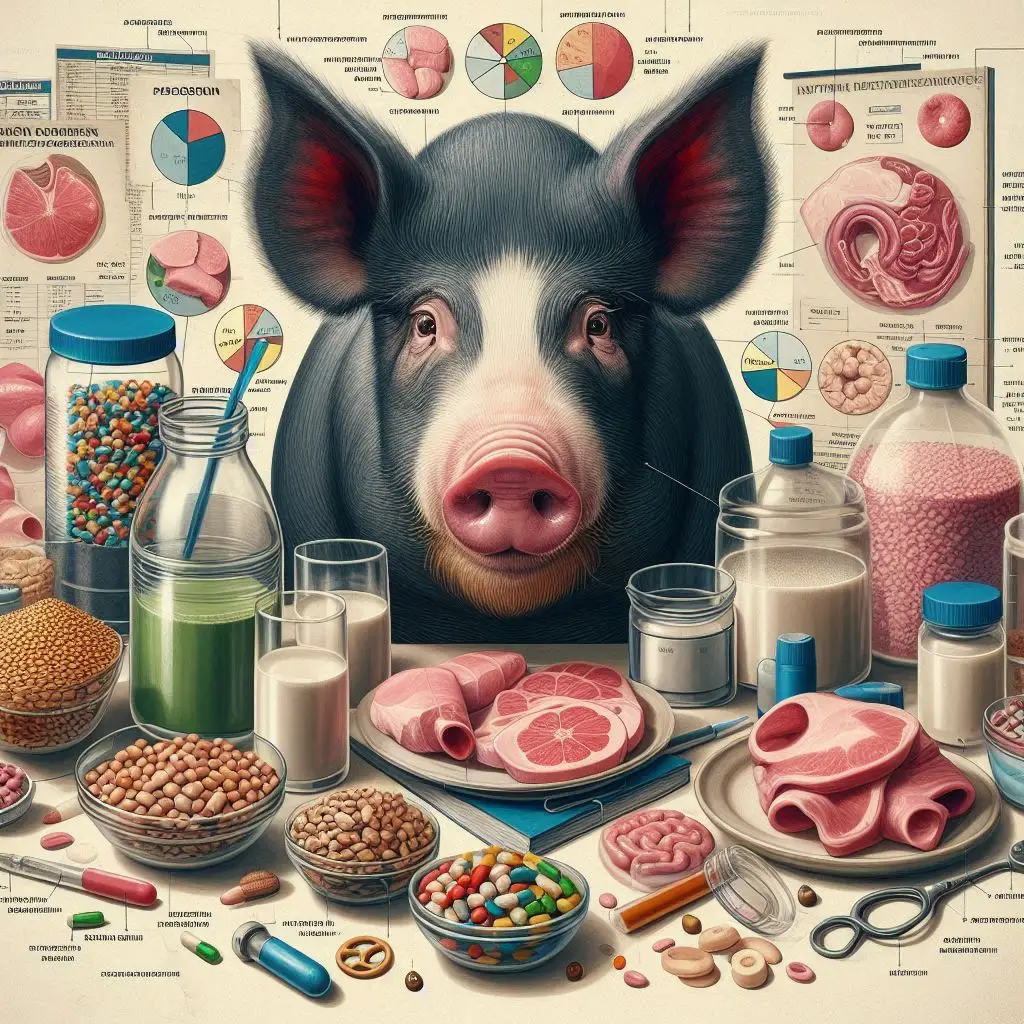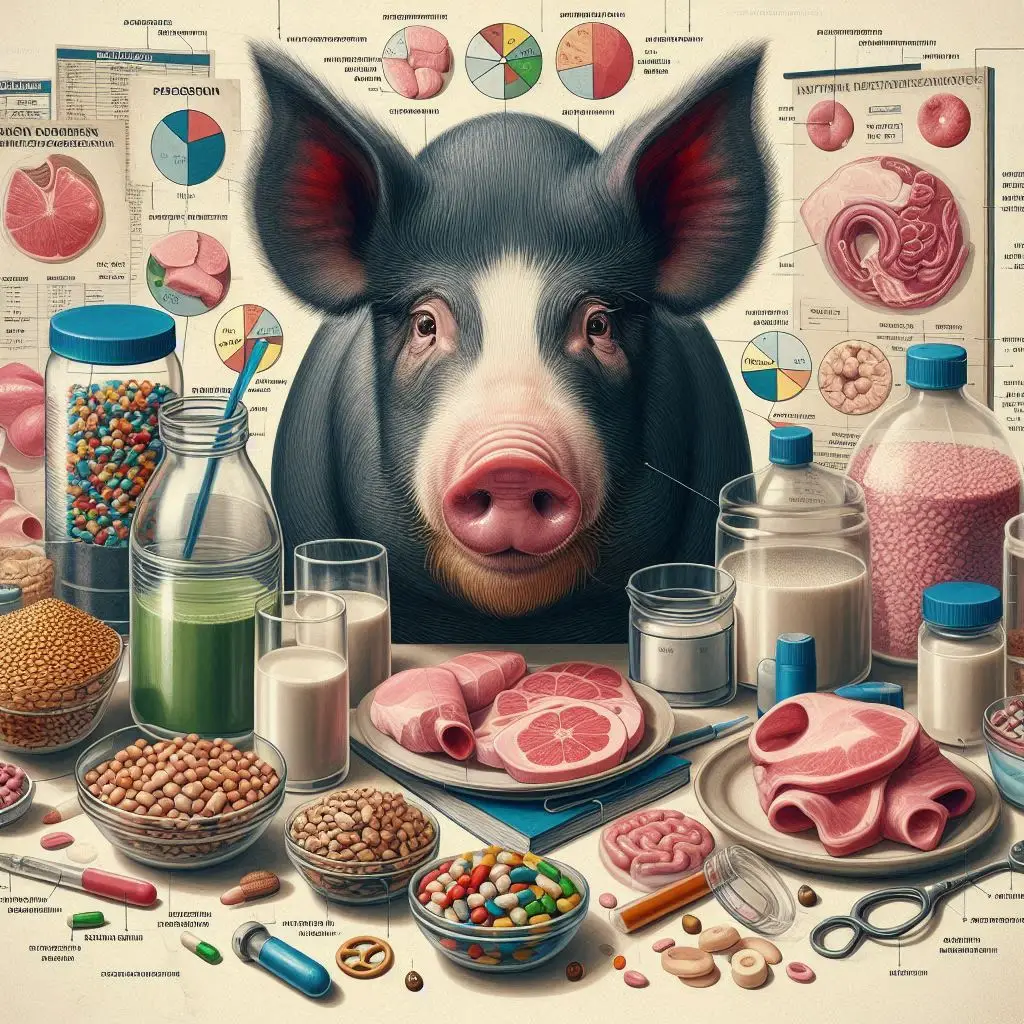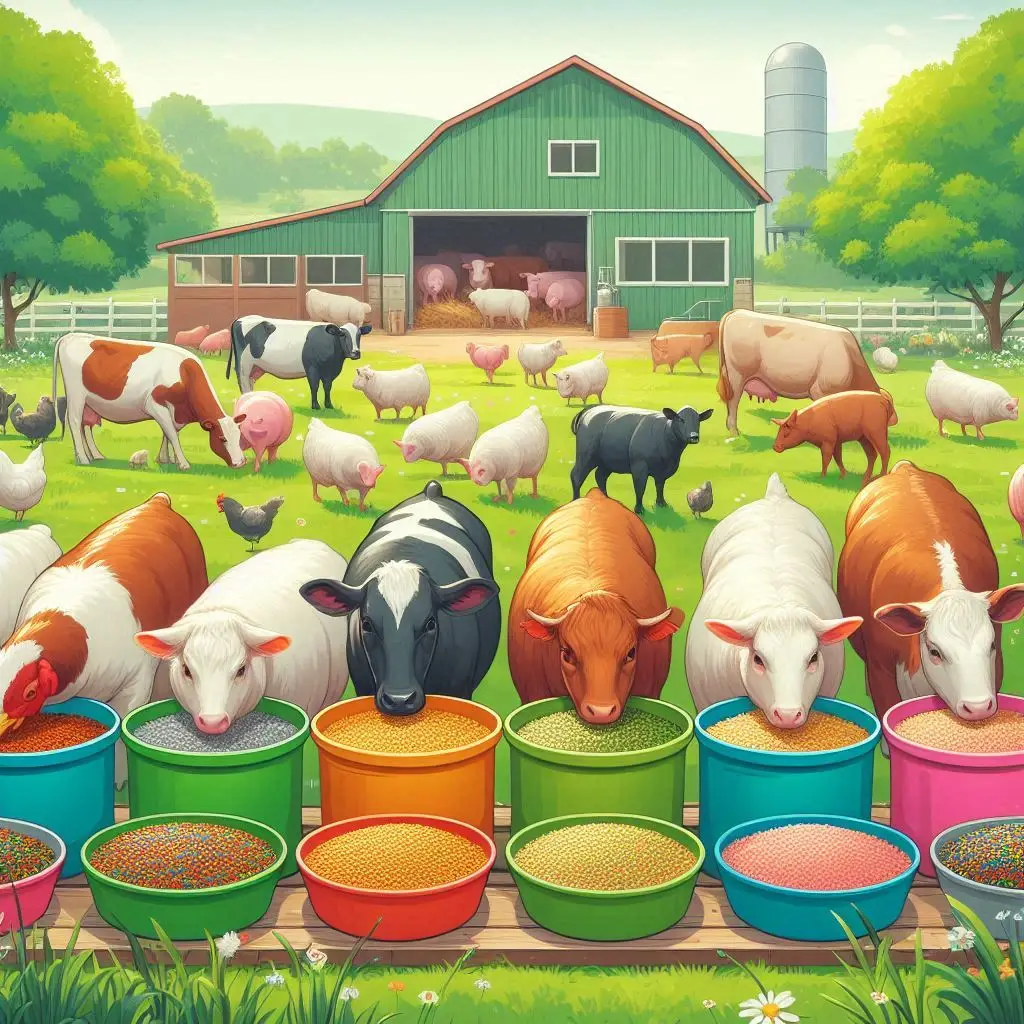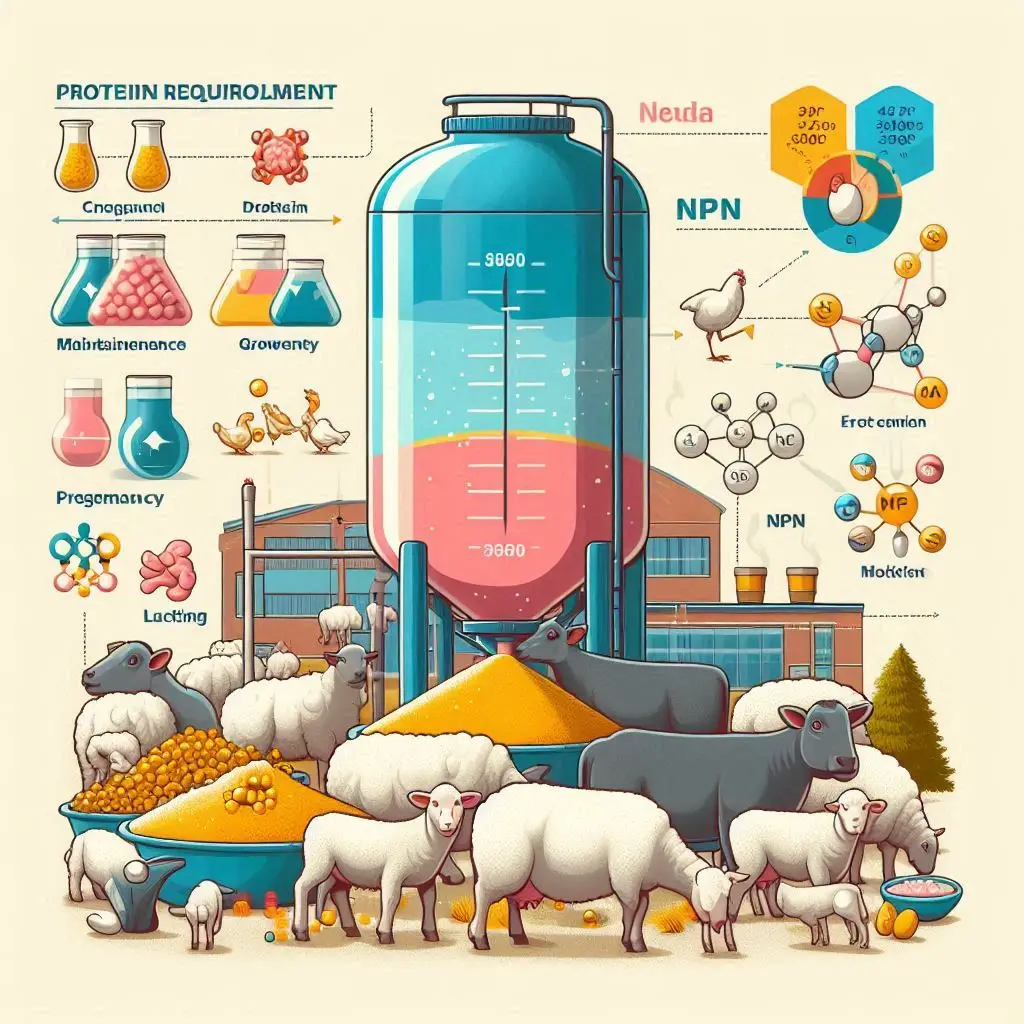Nutrient Requirements of Swine

Swine production is a significant component of the global agricultural industry, with pigs being a primary source of meat. Understanding the nutrient requirements of swine is essential for optimizing growth, reproduction, and overall health. This article delves into the various classes of nutrients required by pigs, the factors influencing these requirements, and practical feeding strategies for swine producers.
Nutrient Classes Required by Swine
Pigs require six essential classes of nutrients to thrive:
- Carbohydrates
- Proteins and Amino Acids
- Fats
- Minerals
- Vitamins
- Water
1. Carbohydrates
Carbohydrates are the primary energy source for pigs. They are primarily derived from grains such as corn, barley, and wheat. The energy from carbohydrates is crucial for maintenance, growth, and reproduction.
2. Proteins and Amino Acids
Proteins are vital for muscle growth, tissue repair, and overall health. Pigs require ten essential amino acids, which must be provided through their diet. The most critical amino acids include:
- Lysine: The first limiting amino acid in swine diets.
- Methionine
- Threonine
- Tryptophan
The dietary protein requirements vary by growth stage, with higher levels needed during the early stages of growth and lactation.
3. Fats
Fats provide a concentrated source of energy and are essential for the absorption of fat-soluble vitamins (A, D, E, and K). Fats also enhance the palatability of feed, encouraging better intake.
4. Minerals
Minerals are crucial for various physiological functions, including bone development and metabolic processes. Key minerals include:
- Calcium
- Phosphorus
- Sodium
- Chloride
- Trace minerals: Zinc, iron, selenium, and copper are essential for immune function and overall health.
5. Vitamins
Vitamins play a vital role in metabolic processes and overall health. Pigs require various vitamins, including:
- Vitamin A: Important for vision and immune function.
- Vitamin D: Essential for calcium absorption.
- Vitamin E: Acts as an antioxidant.
- B Vitamins: Important for energy metabolism.
6. Water
Water is the most critical nutrient, as it is necessary for all bodily functions. Pigs require a constant supply of clean, fresh water to maintain hydration and support metabolic processes.
Factors Influencing Nutrient Requirements
Several factors can influence the nutrient requirements of swine, including:
- Genetics and Gender: Different breeds and genders may have varying nutrient needs.
- Growth Stage: Nutritional requirements change significantly from weaning to finishing stages.
- Health Status: Health issues can increase nutrient needs due to stress and recovery demands.
- Environmental Conditions: Temperature and humidity can affect feed intake and nutrient utilization.
- Feeding Strategies: The method of feeding and competition for feed can influence overall nutrient intake.
Estimating Nutrient Requirements
Estimating nutrient requirements can be approached using two primary methods:
- Factorial Method: This method combines maintenance and production needs, using modeling approaches based on average individuals in the population.
- Empirical Method: This method relies on observed data from populations to establish average requirements.
Practical Applications for Swine Producers
Understanding nutrient requirements is crucial for formulating diets that optimize growth and production while minimizing waste and costs. Here are some practical applications:
- Balanced Diet Formulation: Ensure that diets are balanced in energy, protein, vitamins, and minerals to meet the specific needs of pigs at different growth stages.
- Regular Monitoring: Regularly monitor the health and growth of pigs to adjust dietary formulations as needed.
- Utilization of Feed Additives: Consider the use of feed additives such as probiotics and enzymes to enhance nutrient absorption and overall health.
- Environmental Considerations: Be mindful of the environmental impact of nutrient excretion and adjust feeding strategies accordingly.
Conclusion
The nutrient requirements of swine are complex and influenced by various factors. By understanding these requirements and implementing effective feeding strategies, swine producers can enhance productivity, improve animal welfare, and contribute to sustainable agricultural practices.
For more pearls of Vets Wisdom:






Responses